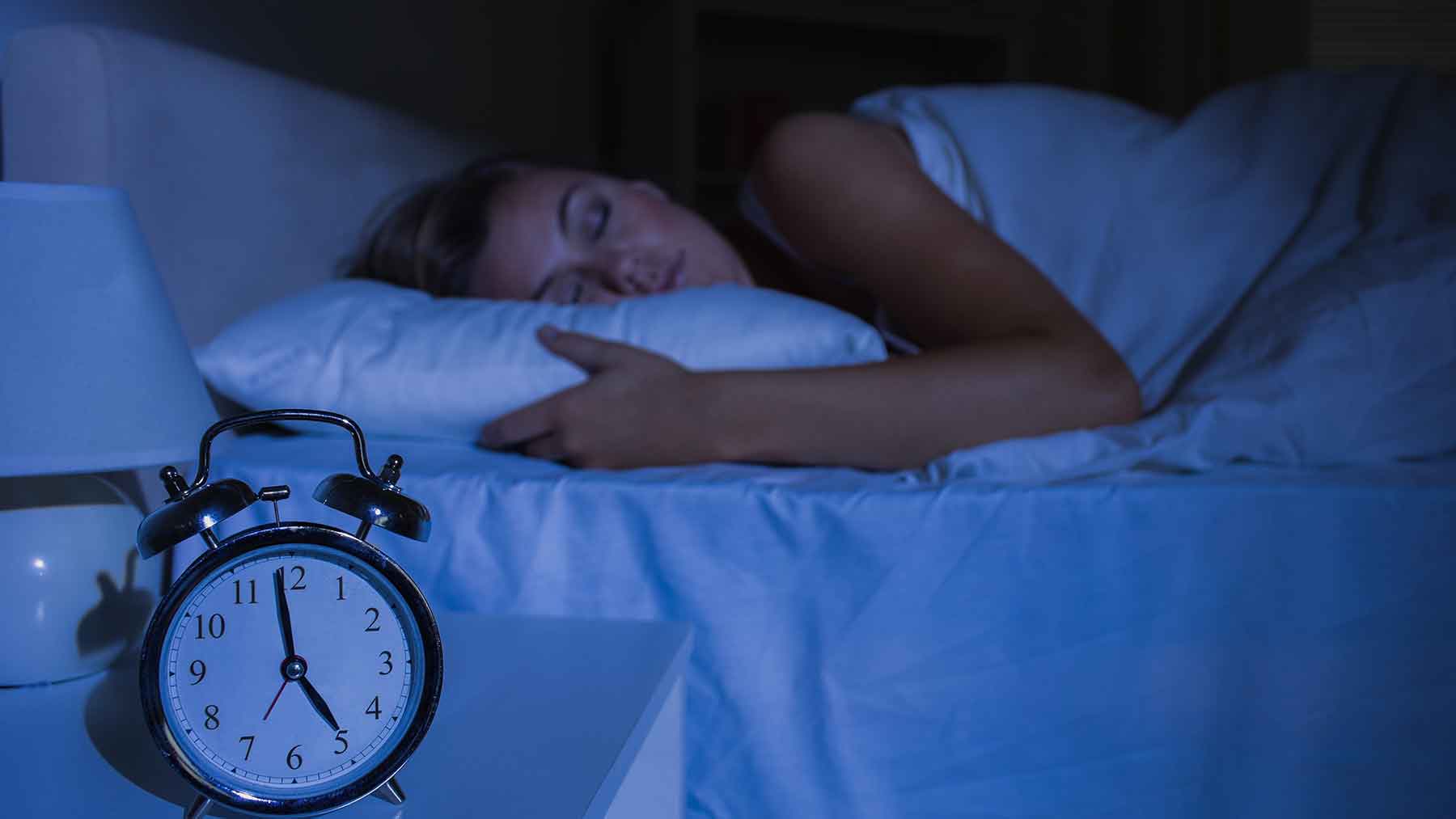Use natural light for a smooth daylight saving time transition

To prepare our bodies for the time change, the first thing we need to do is make sure we’re practicing good sleep hygiene.
- Go to bed and wake up at the same times each day. We should also aim to eat our meals at consistent times as well.
- No electronics in the bedroom. Use the bedroom for sleep only. Don’t use electronics like cellphones, tablets, computers and televisions while in bed.
- Bedrooms should be cool, dark and quiet. The optimal bedroom temperature is between 62 – 68 degrees. You can wear socks to keep your feet warm to allow your core body temperature to drop without being uncomfortable.
- Avoid naps if you can. If you have to take a nap, it should be no more than 20 to 30 minutes.
- Exercise. It’s ideal to work out in the morning or early afternoon. Working out in the evening is OK, if it doesn’t impact your ability to fall asleep.
- Make sure you’re getting enough sleep. Adult needs seven to nine hours of sleep for optimal performance.
Now that you have a solid sleep routine, the good news is that it’s easier to delay our sleep clock when daylight saving time ends than to advance our sleep clock in the spring.
The key is exposure to as much natural light as possible. Once the sun rises, keep it brighter in the home and, once the sun sets, keep it dimmer in the home. Natural light helps our internal clock function properly.
In the days leading up to the time change, try to stay awake a little later in the evening. If it’s hard to stay up late, bright lighting can help. Keep it dark in your bedroom until you’re ready to wake up to ensure you’re able to sleep in that extra hour.
Once we’ve adjusted to the time change, we want to practice good sleep hygiene and continue being exposed to natural light in the morning and less artificial light in the evening.




